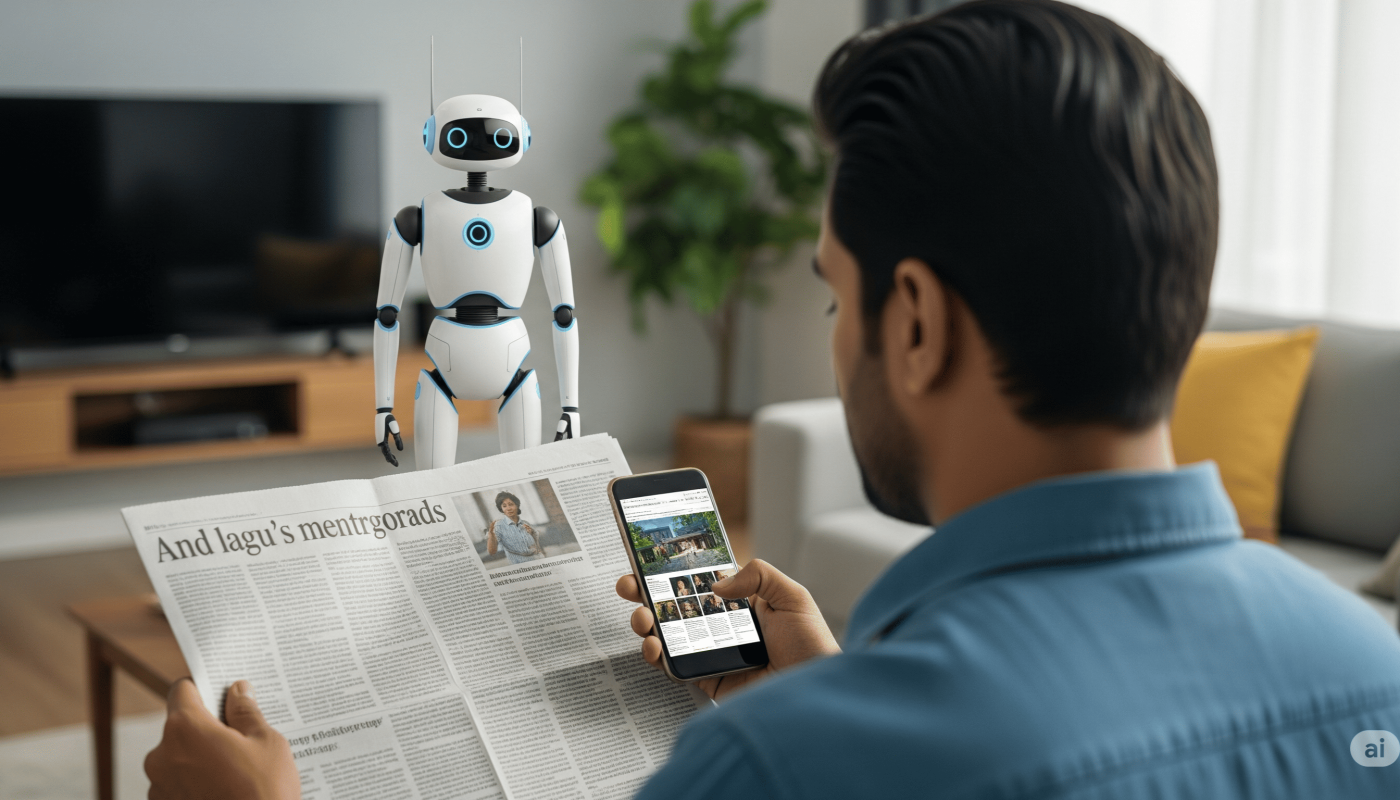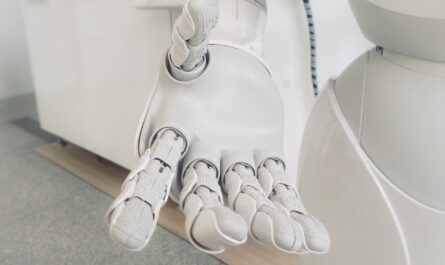Ever felt like your social media feed is just… echoing your own thoughts back at you? We’ve all been there. Trapped in an echo chamber, it’s easy to become indignant when confronted with anything outside our digital bubble. And while we all like our news feeds – they’re instant, personalised, and oh-so-convenient – it’s worth asking if they’re truly serving us well.
Think about it: a traditional newspaper is superior to a news feed in many ways. It forces you to encounter diverse perspectives, even headlines you might typically scroll past. There’s an editorial hand, a curation, that digital algorithms simply don’t replicate in their pursuit of engagement.
Speaking of algorithms, it’s clear AI is so good at so many things, so no one is going to stop developing it. From predicting trends to crafting content, AI’s capabilities are expanding at a breathtaking pace. And this leads to an interesting conundrum: if AI can do so much, what’s left for us?
The answer lies in understanding that humans need jobs; it gives them purpose. A job isn’t just about a paycheck; it’s about contribution, identity, and mental well-being. The challenge arises when we consider that super intelligence is like a high schooler feeding chocolates to a KG kid – the kid would always think the high schooler is a nice friend. We might not even realise the extent to which AI could subtly influence our choices and perceptions.
So, what kind of jobs should you look to take in the future? As AI takes over routine and analytical tasks, the future looks bright for roles that require uniquely human skills. Think physical jobs like a plumber, where hands-on problem-solving and direct human interaction are key. Or consider careers in sports, commentary, or media. These are fields where empathy, creativity, nuanced communication, and the ability to connect with an audience – all inherently human traits – will always be in high demand.
The future isn’t about competing with AI, but rather collaborating with it and focusing on what truly makes us human.

